Boston Whaler Montauk 17 For Sale – We start to treat people as commodities, too — as means to an end, as tools for achieving personal success or social status. The second-hand market is not just about saving money; it’s about embracing a more sustainable, mindful way of consuming that values reuse, repurposing, and the stories behind the items we choose to keep. In many cases, sellers may work with business brokers, financial advisors, or accountants to help value the business and identify potential buyers. It is also important to check the seller’s reputation and read reviews or feedback from previous buyers. As more and more people become concerned about the planet’s resources and the impact of consumerism on the environment, the concept of buying used goods has gained traction as a more sustainable alternative to purchasing new products. Whether it’s a rare collectible, a discontinued item, or a vintage piece of clothing, online platforms offer a global marketplace where buyers and sellers can connect over products that may not be easily found elsewhere. The durability and longevity of these products mean they don’t need to be replaced as frequently, reducing the need for constant purchases and ultimately saving money in the process. People are not just looking for things that work well; they want products that elevate their environment and their experiences. The culture of buying second-hand goods is rapidly shifting in the modern world, particularly among younger generations. People place their belongings for sale for many reasons. In some cases, buyers may also acquire businesses with existing intellectual property, such as patents, trademarks, or proprietary technologies, which can offer a competitive edge in the market. Quality goods for sale are not just limited to luxury items or high-end brands. For those who are passionate about antiques, art, and memorabilia, the second-hand market offers endless possibilities for finding unique and valuable items that can be passed down through generations or added to a collection. The rise of minimalism and a desire for unique, vintage items has also played a role in the growing popularity of second-hand goods. Relationships can become transactional, where each party enters into an agreement based on what they stand to gain. For sale, it seems like a simple phrase, yet it carries with it an array of possibilities, emotions, and decisions that can shape someone’s life. While buying and selling second-hand items can come with its challenges, the rewards—both financially and environmentally—make it a worthwhile pursuit for many people. Whether it’s vintage clothing, antique furniture, or used luxury watches, second-hand goods offer an opportunity for buyers to find quality items that are no longer available in stores. Whether it’s a car, a house, or a simple piece of furniture, there’s a process that unfolds. Whether it’s funding education, supporting homelessness services, or providing medical assistance, the money spent in second-hand shops can contribute to making a difference in the lives of others.
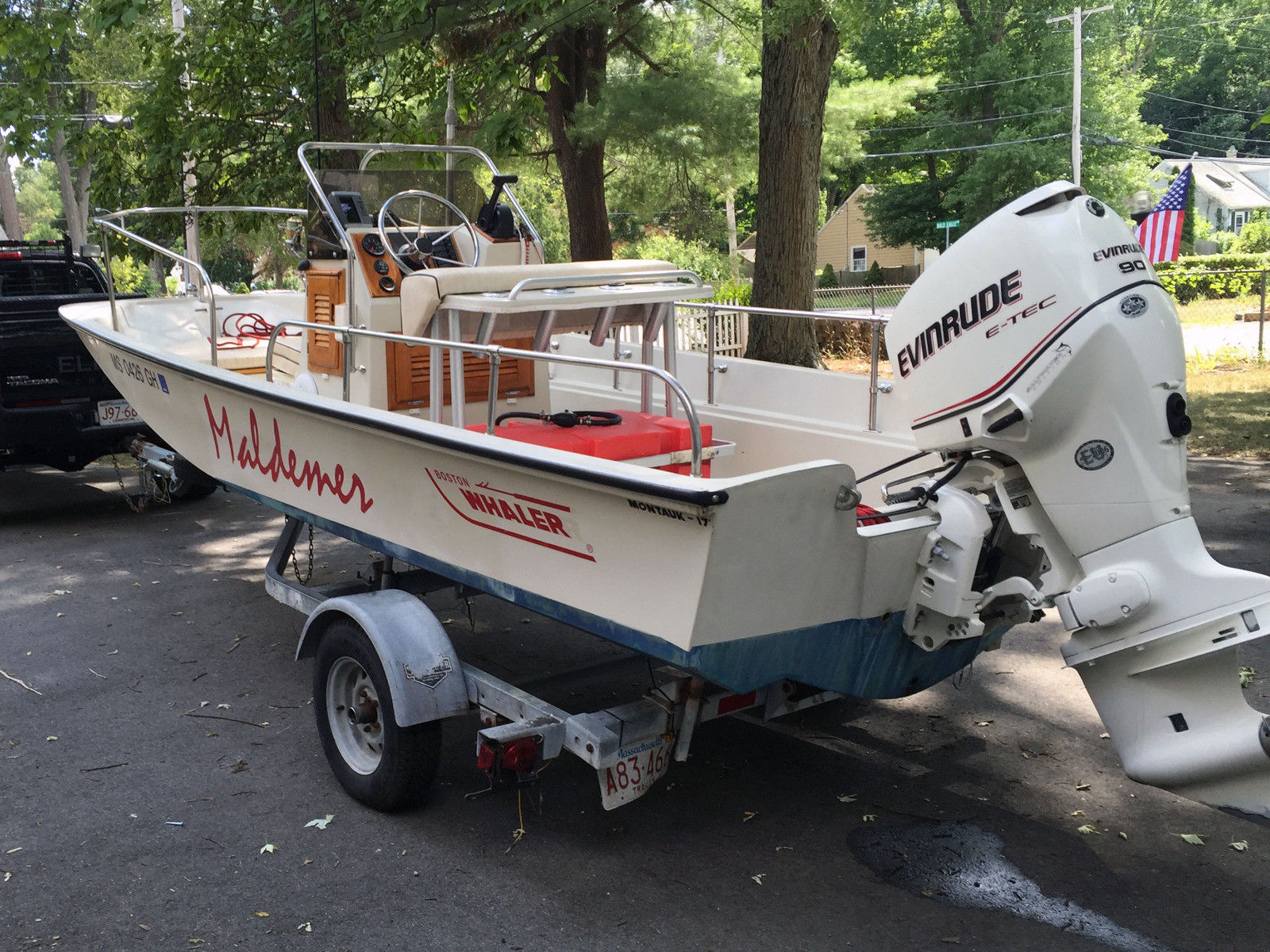
Boston Whaler Montauk 17 1988 for sale for 6,600
Shop best sellersfast shippingdeals of the dayread ratings & reviews

1987 Boston Whaler 17' For Sale Brewer Yacht Sales
Shop best sellersfast shippingdeals of the dayread ratings & reviews
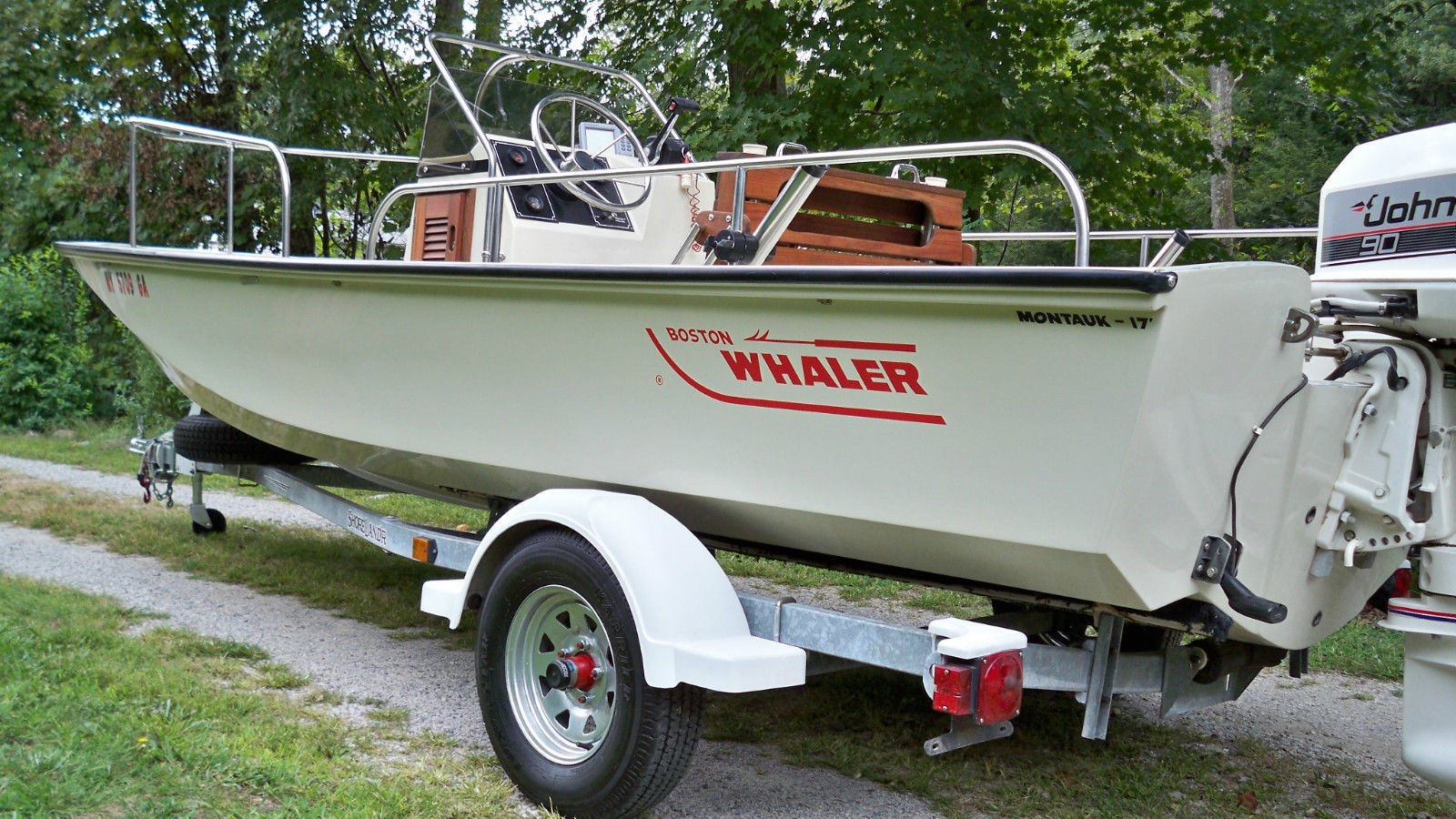
Boston Whaler MONTAUK 17 1989 for sale for 3,550
Shop best sellersfast shippingdeals of the dayread ratings & reviews
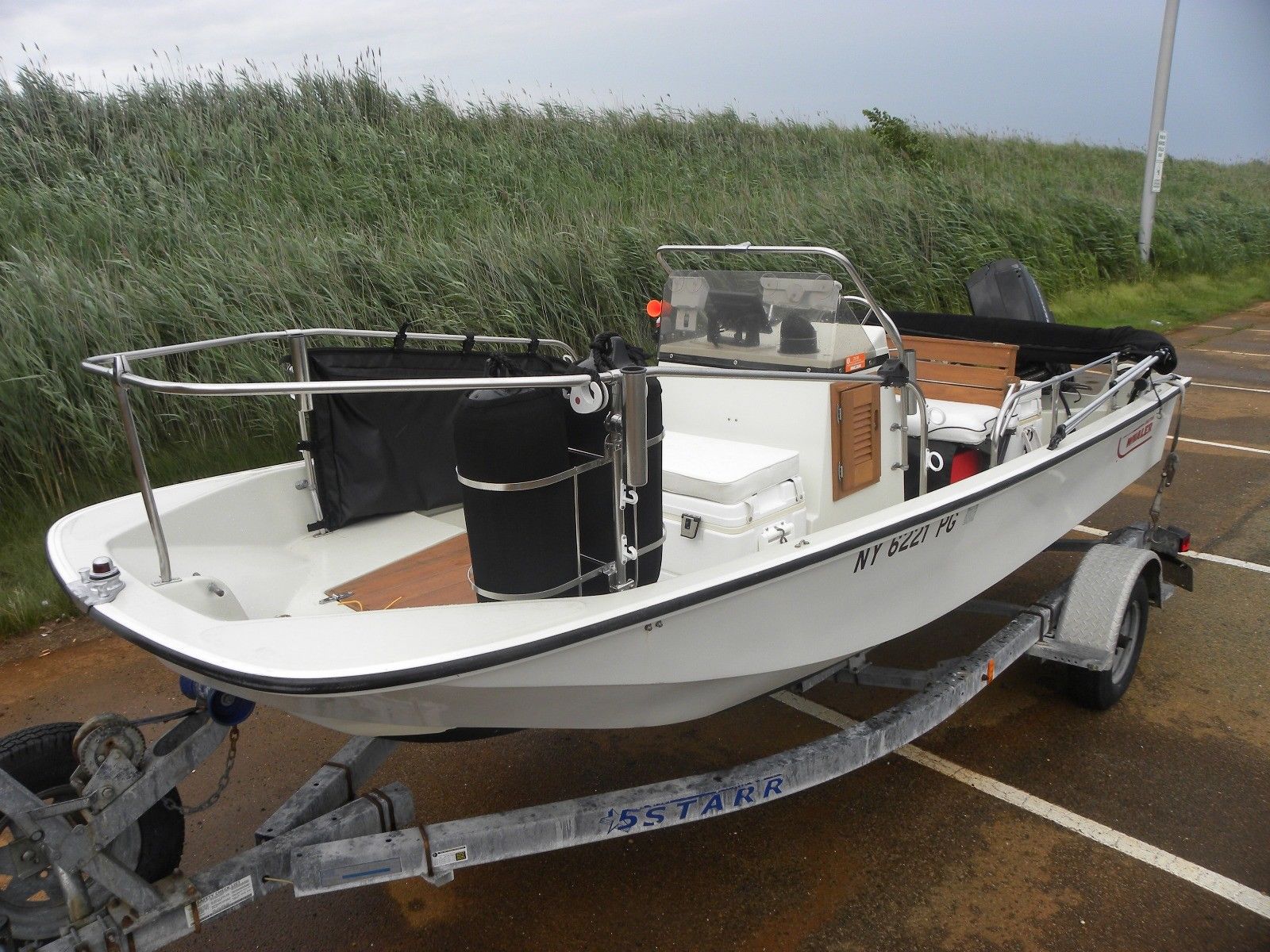
Boston Whaler Montauk 17' 1983 for sale for 15,500
Shop best sellersfast shippingdeals of the dayread ratings & reviews
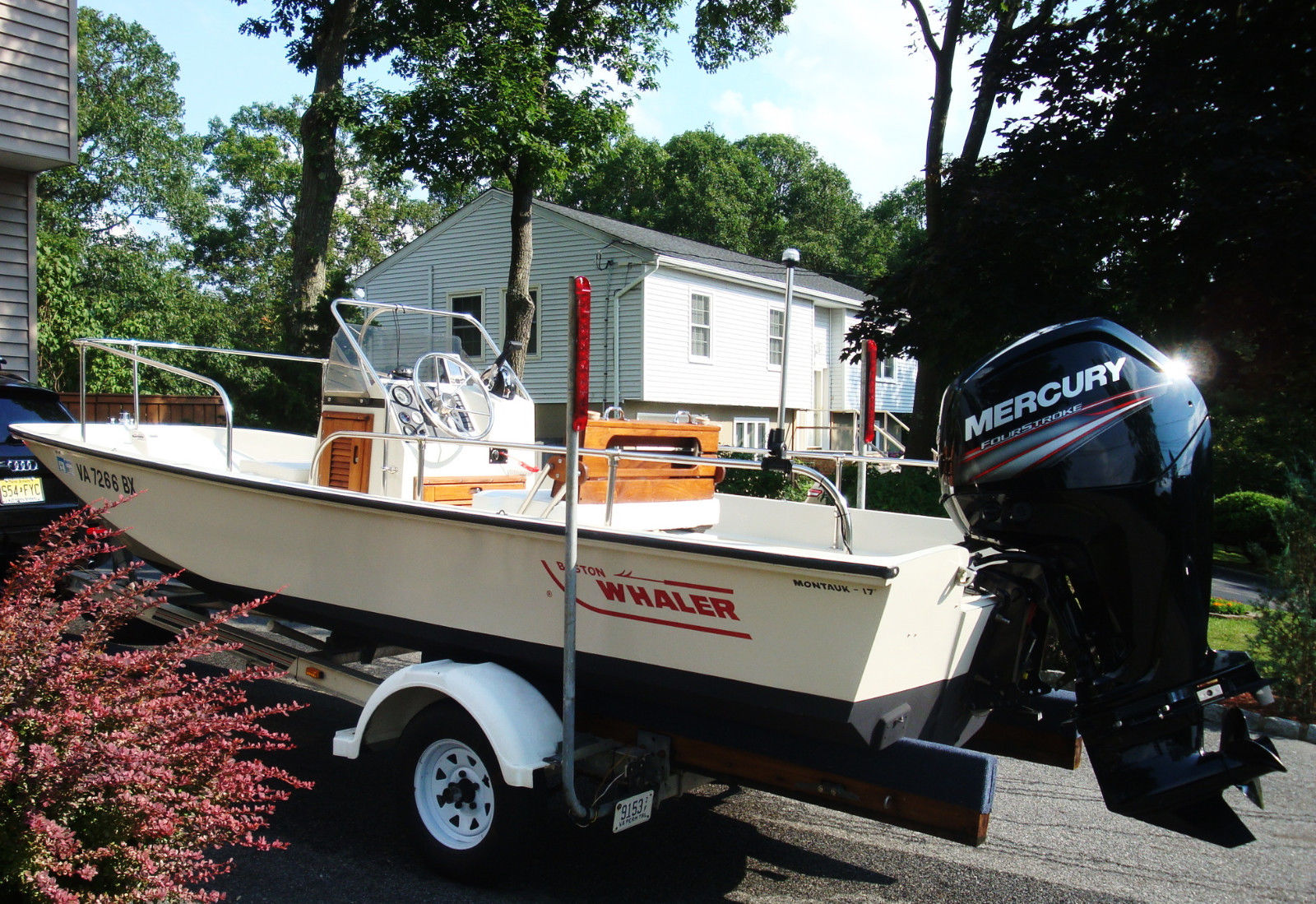
Boston Whaler 17 Montauk 1987 for sale for 15,985
Shop best sellersfast shippingdeals of the dayread ratings & reviews

1994 Boston Whaler 17 Montauk Power New and Used Boats for Sale
Shop best sellersfast shippingdeals of the dayread ratings & reviews

Boston Whaler Classic 17' Montauk 1980 for sale for 11,750 Boats
Shop best sellersfast shippingdeals of the dayread ratings & reviews

Boston Whaler MONTAUK 17 1989 for sale for 3,550 Boston whaler
Shop best sellersfast shippingdeals of the dayread ratings & reviews
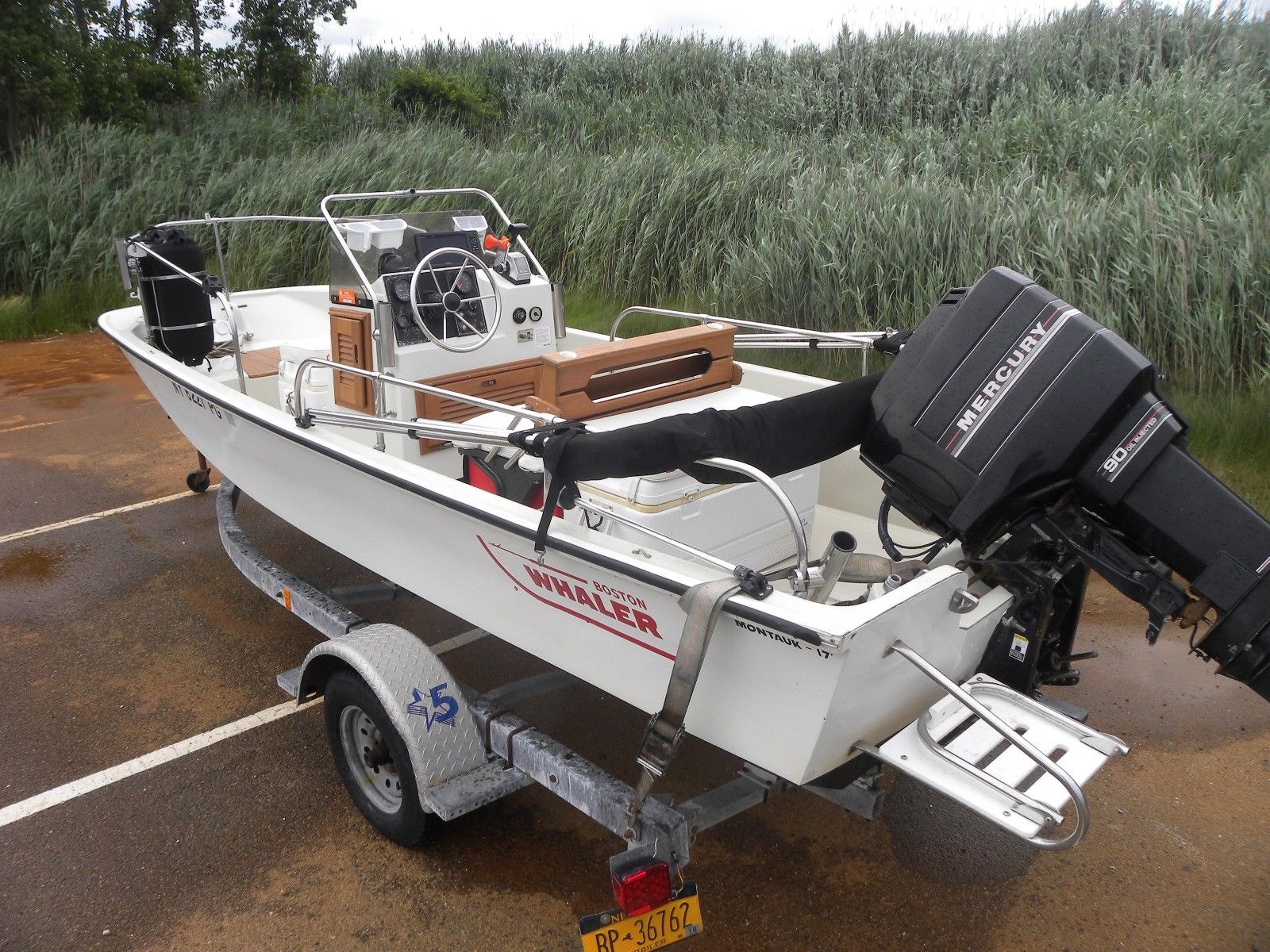
Boston Whaler Montauk 17' 1983 for sale for 17,900
Shop best sellersfast shippingdeals of the dayread ratings & reviews
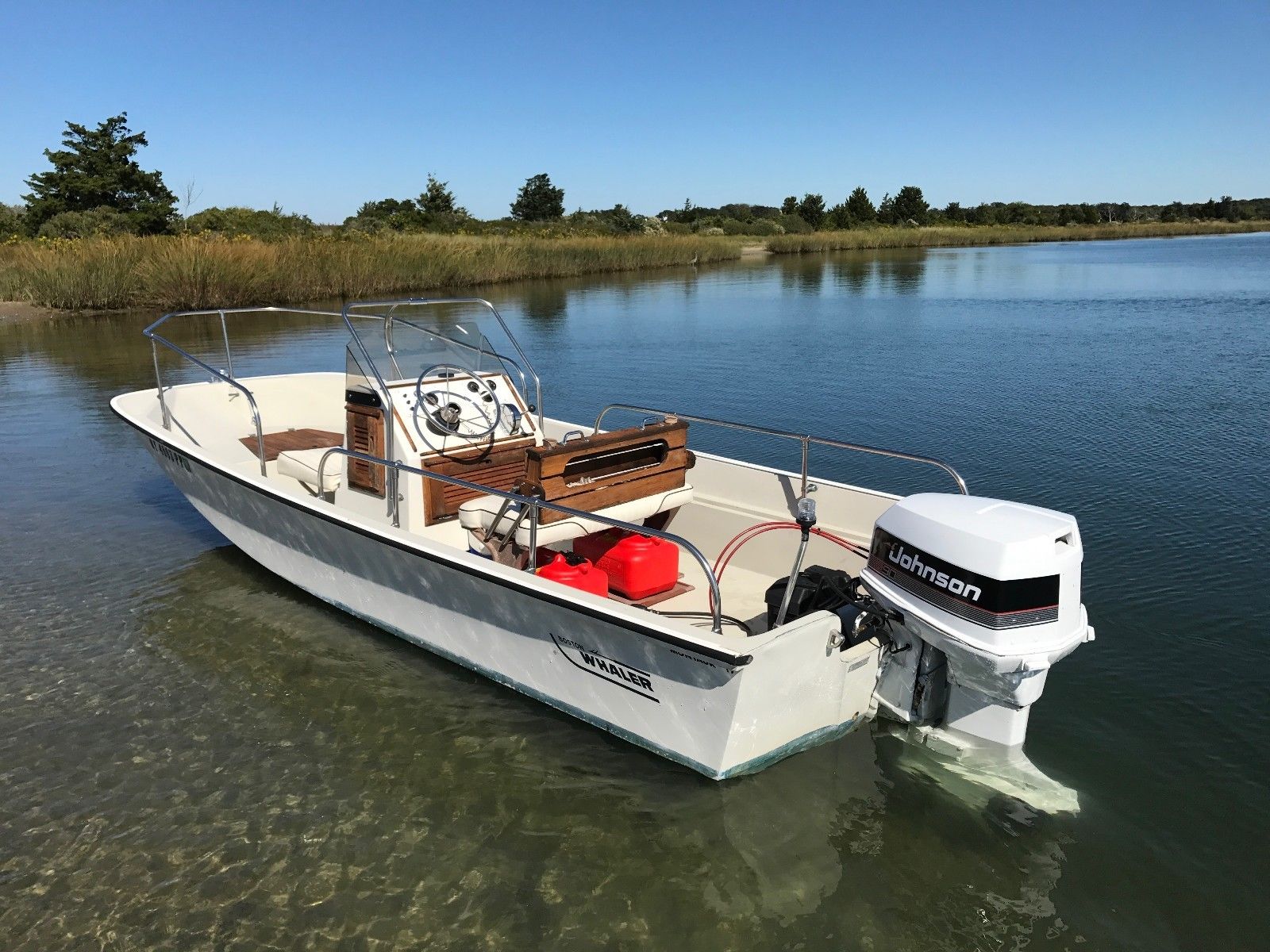
Boston Whaler Montauk 17 1984 for sale for 8,700
Shop best sellersfast shippingdeals of the dayread ratings & reviews
Once an agreement is reached, the final step is the legal transfer of ownership. Second-hand goods for sale are no longer seen as inferior or out-of-date, but rather as a conscious, stylish, and eco-friendly choice. It is subjective, shaped by cultural norms, individual preferences, and the evolving standards of various industries. There is also a growing trend of online platforms that facilitate the buying and selling of businesses. The dynamics of a sale can vary dramatically depending on the context. We start to treat people as commodities, too — as means to an end, as tools for achieving personal success or social status. The concept of a circular economy, where products are reused and repurposed instead of discarded, is central to the appeal of second-hand goods. When you look at something marked as “for sale,” you’re not only seeing an item; you’re seeing the possibility of a change, whether it’s the beginning of a new ownership, the end of a relationship with an object, or simply the result of a decision to move forward. This sense of connection can also extend to the broader culture of quality goods, where consumers and creators share a commitment to excellence and a desire to preserve the craft and tradition behind these products. The longer something is used, the less likely it is to contribute to the growing problem of waste. Selling such an item can be a difficult decision, yet it often represents the practical need to downsize or make space for something new. There is also a growing trend of upcycling and repurposing second-hand goods, where items that may no longer serve their original purpose are transformed into something new and useful. These goods aren’t just products; they are symbols of craftsmanship, heritage, and pride. From online platforms to local thrift stores, second-hand goods offer an opportunity for consumers to access unique products, save money, and reduce their environmental footprint. Through online marketplaces and platforms, small businesses and independent creators can sell their goods to a global audience. The process of selling it can be seen as a form of letting go, a recognition that the future may look different from the past, but that doesn’t diminish its importance or value. The internet, for example, has created a space where anyone can buy or sell almost anything, from physical products to intangible services. The focus on longevity and reliability is what sets these goods apart from their mass-market counterparts. The buying and selling of companies, brands, and even entire industries can reshape economies, alter job markets, and redefine how goods and services are delivered. The second-hand market is not just about saving money; it’s about embracing a more sustainable, mindful way of consuming that values reuse, repurposing, and the stories behind the items we choose to keep.
Whether it’s the sleek lines of a designer chair or the intricate patterns on a handwoven rug, quality goods are often as much about aesthetics as they are about functionality. While the online second-hand market has flourished, traditional thrift stores and second-hand shops continue to play an important role in the buying and selling of pre-owned goods. This connection between consumers and the creators of quality goods is something that’s been fostered for centuries. For the seller, there is the risk that they may not be able to find a buyer who is willing to pay the desired price, or that the sale may not go through as planned. Whether it’s a car, a house, or a simple piece of furniture, there’s a process that unfolds. Negotiation is often the most delicate part of the sale process. The act of selling a home is a deeply emotional process, and when it’s completed, there’s a sense of closure and anticipation for what comes next. People are increasingly looking for quality over quantity, preferring items that are durable, timeless, and well-made. They walk into a space that holds the potential for their own memories to be created, for their own life to unfold. When we begin to view everything through the lens of commerce, it’s easy to lose sight of the things that make life worth living — the moments that aren’t for sale, the experiences that can’t be bought. The notion suggests a world where anything and everything, regardless of its intrinsic value, can be bought, sold, or traded. The materials used, whether it’s hardwood, durable fabrics, or premium upholstery, are chosen for their longevity and aesthetic appeal. There’s something deeply satisfying about using an item that was crafted with skill and attention. For sellers, the market for second-hand goods offers an opportunity to declutter their homes and make some extra money. But in reality, even the most profound relationships can be commodified in some way. From the most trivial items in a dollar store to the most precious works of art in a museum, everything can be assigned a price. In some cases, buyers may also acquire businesses with existing intellectual property, such as patents, trademarks, or proprietary technologies, which can offer a competitive edge in the market. While many artists and creators are forced to sell their work in order to make a living, there is still a sense of purity in the act of creation. While some people may be hesitant to purchase pre-owned electronics due to concerns about quality or reliability, the second-hand market for electronics has become increasingly trustworthy. For many people, there is something uniquely satisfying about sifting through racks of clothes, rummaging through bins of books, or browsing shelves of home goods in search of that perfect item.